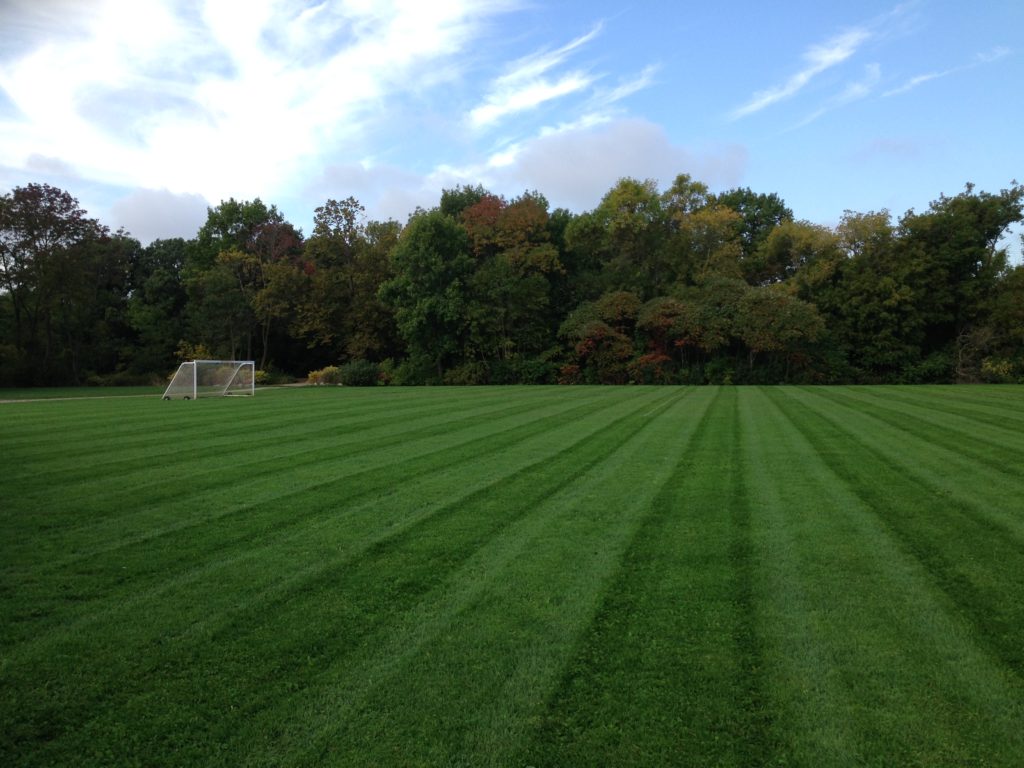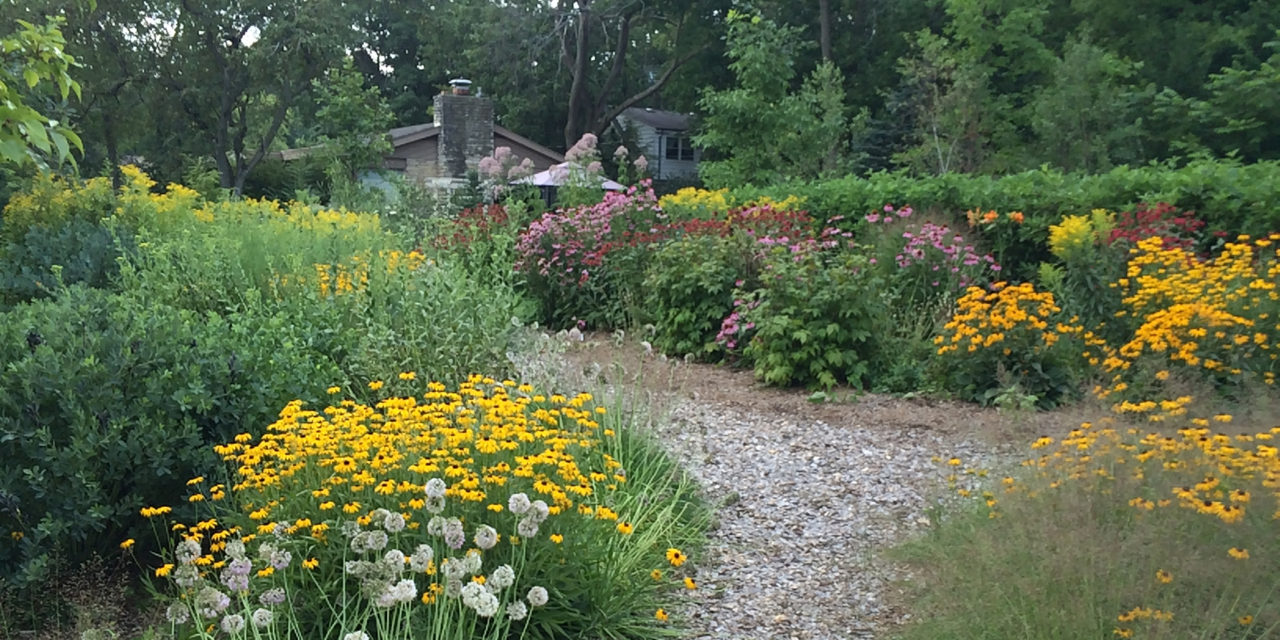By Bradley Blaeser, President, The Green Team of Wisconsin
“The first rule of sustainability is to align with natural forces, or at least not try to defy them.”
-Paul Hawken, environmentalist.
A knowledgeable, mindful landscaper can do more than produce and maintain a beautiful space. They can help to minimize your impact on the environment and maximize your contribution to the health of your ecosystem.
Professional landscapers that plant, design and build with an eye toward sustainability are working to change the nature of the landscaping industry. Landscaping is more than just the relatively tiny plot of land around a suburban home or commercial building. It is an interconnected piece of our ecosystem and has far-reaching effects when one considers a thousand suburban yards, or ten-thousand yards.
When taken in sum, the choices made with regard to landscaping have a significant impact on our waterways, our green spaces, the air we breathe, and the health of our families, friends, and neighbors. Of course, landscaping also affects the insects and animals that live in the landscapes we create, including our beloved pets.
A professional landscaper with a mindful, sustainable approach to their craft can help residents make a positive impact by designing landscapes that are in harmony with the local ecosystem. These landscapes can take on any look and feel, from rustic to ultra-modern.
Sustainable landscape management includes planting native species and edibles, strengthening the soil and turf naturally, avoiding chemicals and synthetic fertilizers whenever possible, and designing landscapes for maximum water retention, to ease the storm water burden on our municipal sewer systems.
“Growing healthy turf is more than just a ‘feel good’ idea,” according to Darrell Smith of The Green Team of Wisconsin. “It means building up soil microbes and organic matter that result in deeper-rooted turf. In the long term, well-maintained organic turf reduces water runoff and prevents unwanted nutrients from getting in our local waterways.”
Thoughtful landscapers will seek to minimize their own chemical, energy and waste footprints by avoiding travel at peak traffic times, using bio-fuels in trucks and equipment, composting organic waste, and using natural fertilizers. The best companies will go beyond the job, giving back to the community with eco-friendly projects and by teaching sustainability to the next generation of homeowners.
A professionally designed and installed landscape will add beauty and value to your home while providing a space that is both calming and energizing. Landscaping mindfully provides benefits that range far beyond your yard.
Here are a few questions to ask when deciding on a professional landscaper for your project:
- Do you have or use a designer that has been successful using native species and edibles?
- Can you design a landscape that will minimize water runoff and use storm water effectively?
- What do you do with your organic waste? Is it composted or mixed with rubbish in a dumpster?
- Do you offer an all-natural turf care program?
- Can you use all-natural fertilizer on my turf and beds?
- Do you offer natural, non-chemical weed control options?
Benefits of Water Management
Dryer Basements
Less Flooding
Reduced Burden on Municipal Systems
Lower Water Bills
Reduced Chemical/Waste Runoff
Cleaner, Healthier Waterways
Photos included:
LaCharite Prairie.jpg Caption: Native WI Prairie Landscape
Natural Lawn Care (2).JPG Caption: Soccer Fields- Maintained Naturally, Without Chemicals
Rockwell_Green Roof Maintenance.jpg Caption: A Green Roof Installation Reduces Stormwater Runoff





